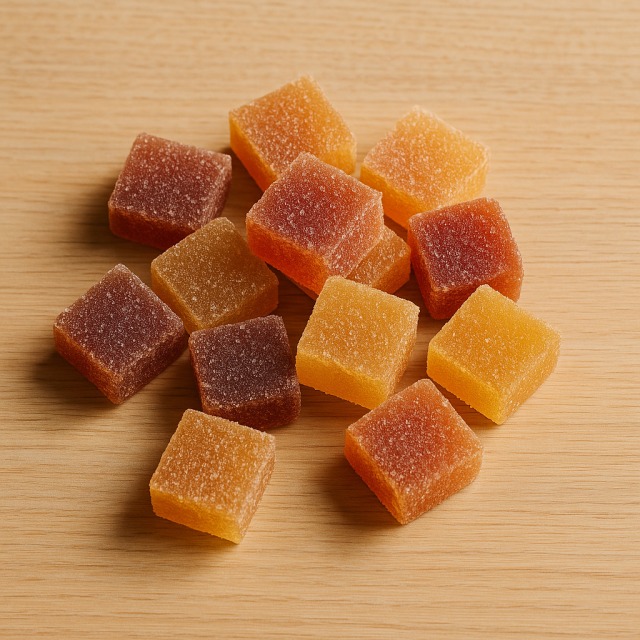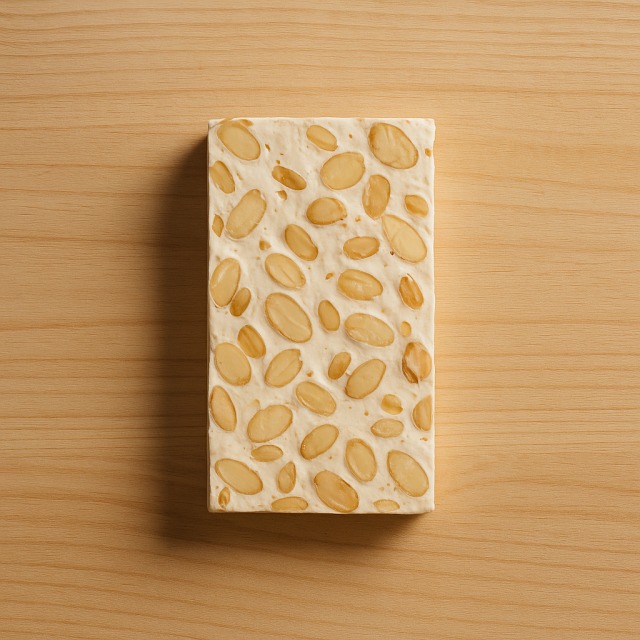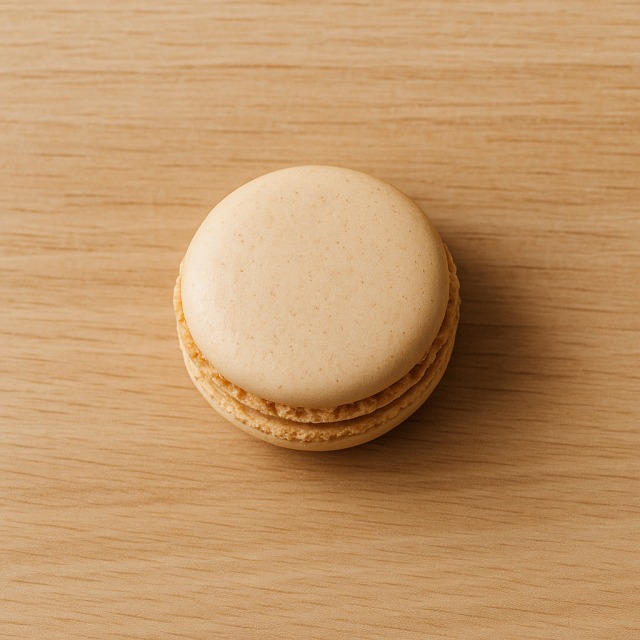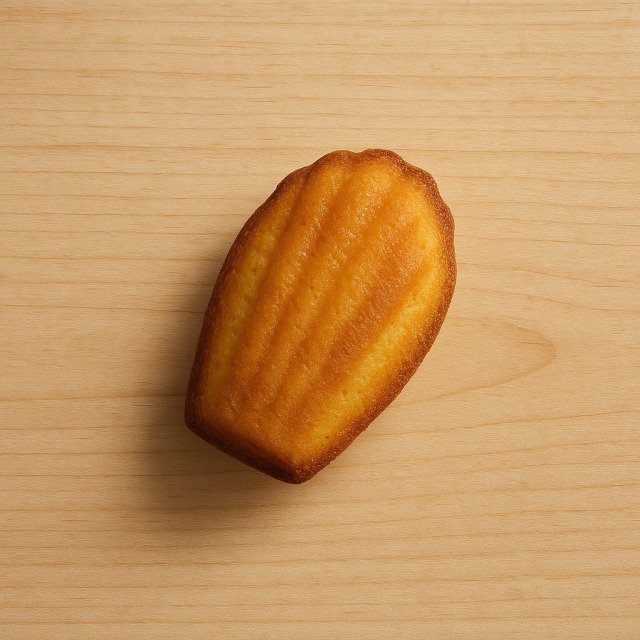Calorie Chart / Breakfast, Snacks / Meringue
How Many Calories Are in Meringue?
Calculation of the nutritional value & Recommended Dietary Intake of meringue
For g and a calorie requirement of kcal
| Calories 240 kcal | Proteins 3.3 g | Lipids 0.8 g | Carbohydrates 55 g |
| 12% | 4% | 1% | 20% |
Health benefits of meringue
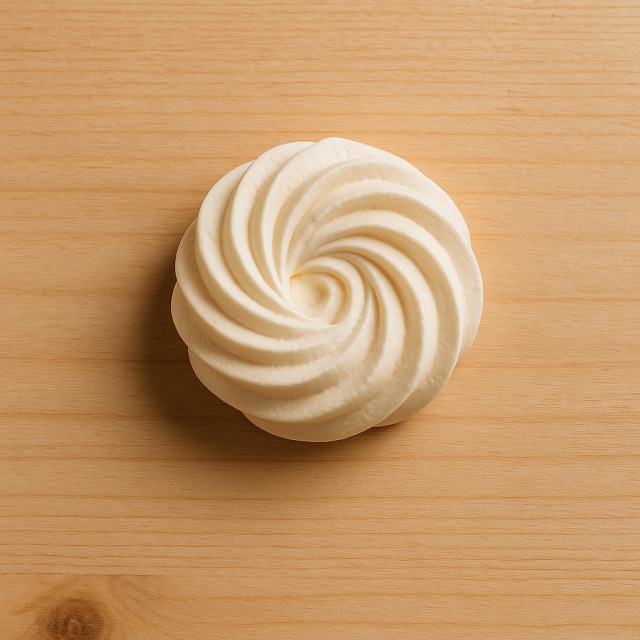
Meringue - 100g
Calories 400 kcal
Proteins 5.5 g
Lipids 1.3 g
Carbohydrates 92 g
Meringue is considered a high-calorie confection (about 400 kcal/100 g), essentially because it is composed of more than 90 % sugar. Those calories mostly come from quick-release carbohydrates, while proteins provided by the whipped egg white contribute only marginally to the energy total. Mentioning calories repeatedly is useful for anyone comparing treats by calories, and meringue clearly sits toward the top of the calorie scale for sweet snacks.
Although rich in calories, meringue remains almost fat-free (1.3 g/100 g). Egg white supplies selenium, riboflavin (vitamin B2), and a little potassium; these nutrients survive baking because the cooking temperature is relatively low. However, the concentration is modest, so meringue should not be relied upon as a major micronutrient source—its main asset is its airy texture that delivers sweetness with fewer calories per bite than denser pastries, even if the calories per 100 g are high.
A historical note to balance the focus on calories: culinary historians trace meringue back to the 17th-century town of Meiringen in Switzerland, later refined by French chefs. Classic French, Italian, and Swiss methods all use the same base (sugar + egg whites) but vary in cooking technique; none alters the calories dramatically. The dry structure also gives meringue a very long shelf life compared with cream-based desserts, an advantage when you need a sweet element without worrying that calories will go to waste.
Tips for incorporating meringue into a balanced diet
To enjoy meringue without letting calories dominate the entire meal, combine it with fresh fruit. Topping a bowl of strawberry slices or ripe kiwi with crushed meringue creates volume and crunch while spreading the same calories over more servings. Another classic is "Eton Mess": gently fold broken meringues, a dollop of whipped cream, and berries; using 30 % less meringue than the traditional recipe drops calories yet keeps the dessert festive.
For athletes counting calories as well as proteins, pair a small meringue nest with a spoon of high-protein yogurt and a drizzle of honey. The yogurt boosts protein, the honey adds minimal extra calories compared with more meringue, and the mix satisfies post-workout sweet cravings without a huge calorie spike.
Meringue also acts as a decorative lid on citrus pies. To moderate calories, spread a thinner layer than usual over a lemon filling and brown it quickly with a torch. You will still obtain visual height with fewer calories than a thick blanket of butter-rich frosting. Finally, consider replacing part of the sugar with powdered sweetener when making homemade meringues; you can cut calories by up to 25 % while preserving structure.
Frequently Asked Questions
- How many calories are in meringue?
- Meringue contains roughly 400 kcal per 100 g.
- Are meringues lower in calories than a macaron?
- Weight for weight, both treats are high in calories, but a macaron's almond filling makes it slightly higher in fat, so calories can edge above 430 kcal/100 g. One small meringue, however, often weighs less, so the per-piece calories may be lower.
- How can I cut calories when using meringue in desserts?
- Use smaller portions, mix with low-calorie fruit, or substitute up to one-third of the sugar with a heat-stable sweetener; each of these methods trims total calories without sacrificing texture.
- Does baking time affect the calories of meringue?
- Extended drying evaporates water but does not remove sugar, so the calories per gram rise slightly as the meringue becomes lighter. The overall calories of the batch remain identical.
- Is meringue compatible with a high-protein, low-calorie diet?
- Its protein content (5.5 g/100 g) is modest, and the calories are high, so it should stay an occasional treat. Pairing it with 0 % fromage blanc or tofu cream can balance proteins while keeping additional calories under control.
Similar foods
Information provided by Calorie Menu may contain inaccuracies or errors. It cannot, under any circumstances, substitute medical advice or medication.
